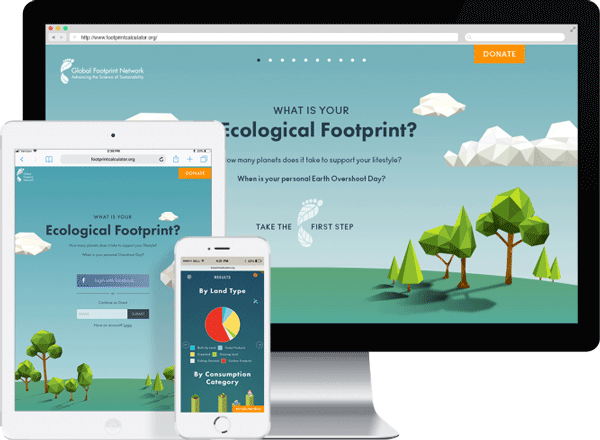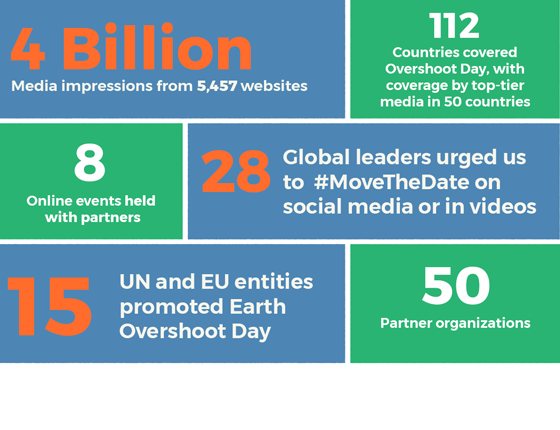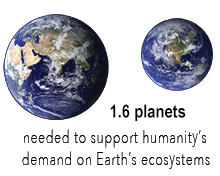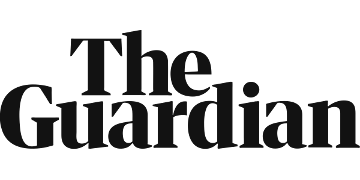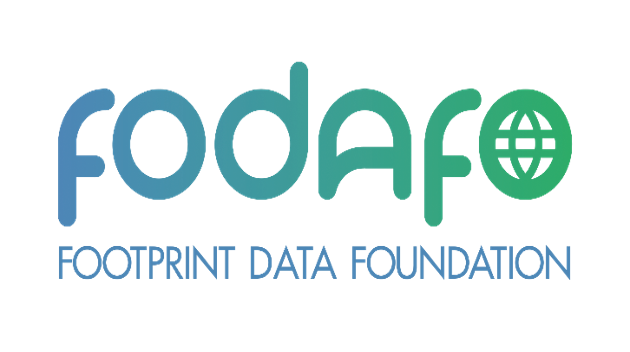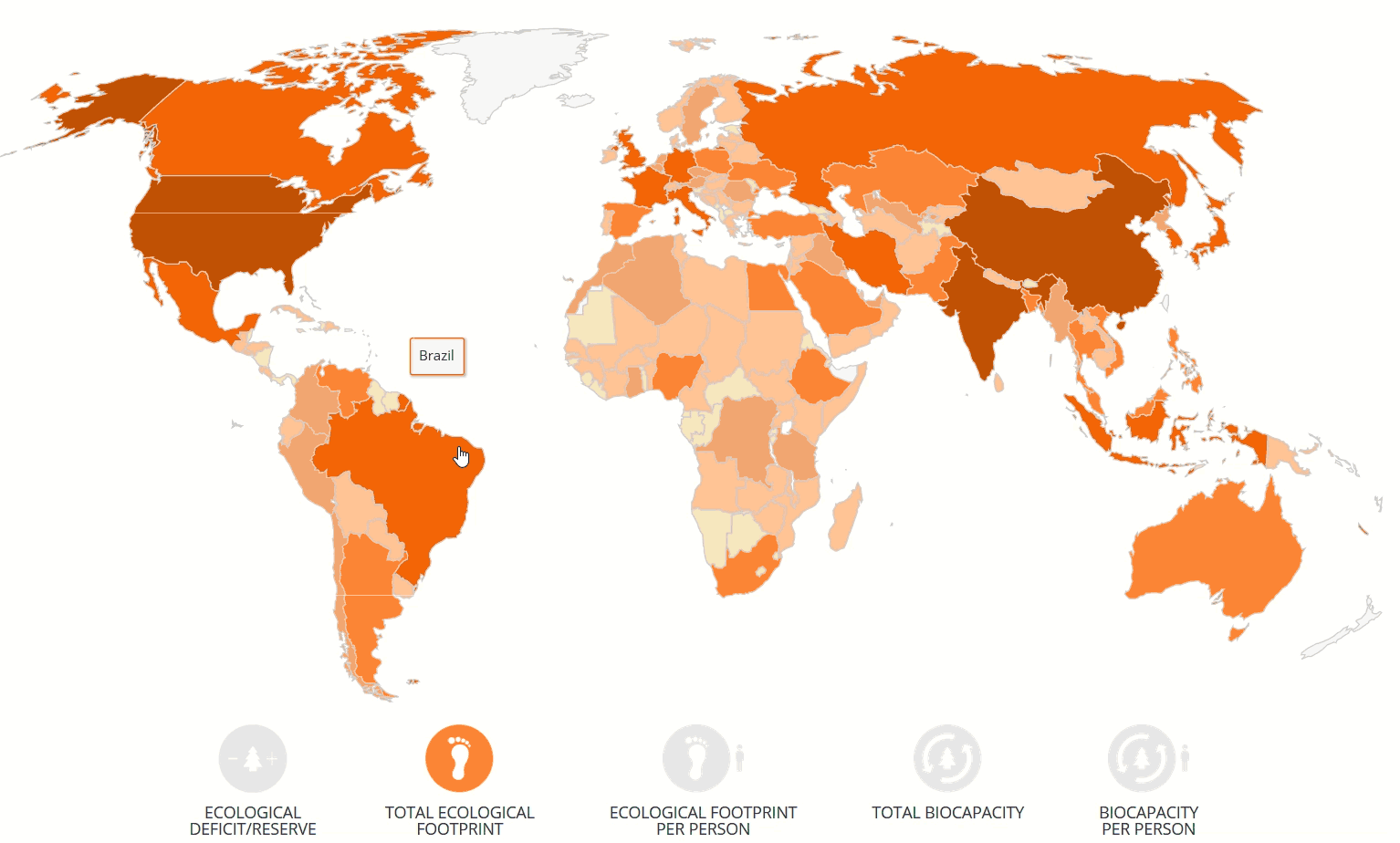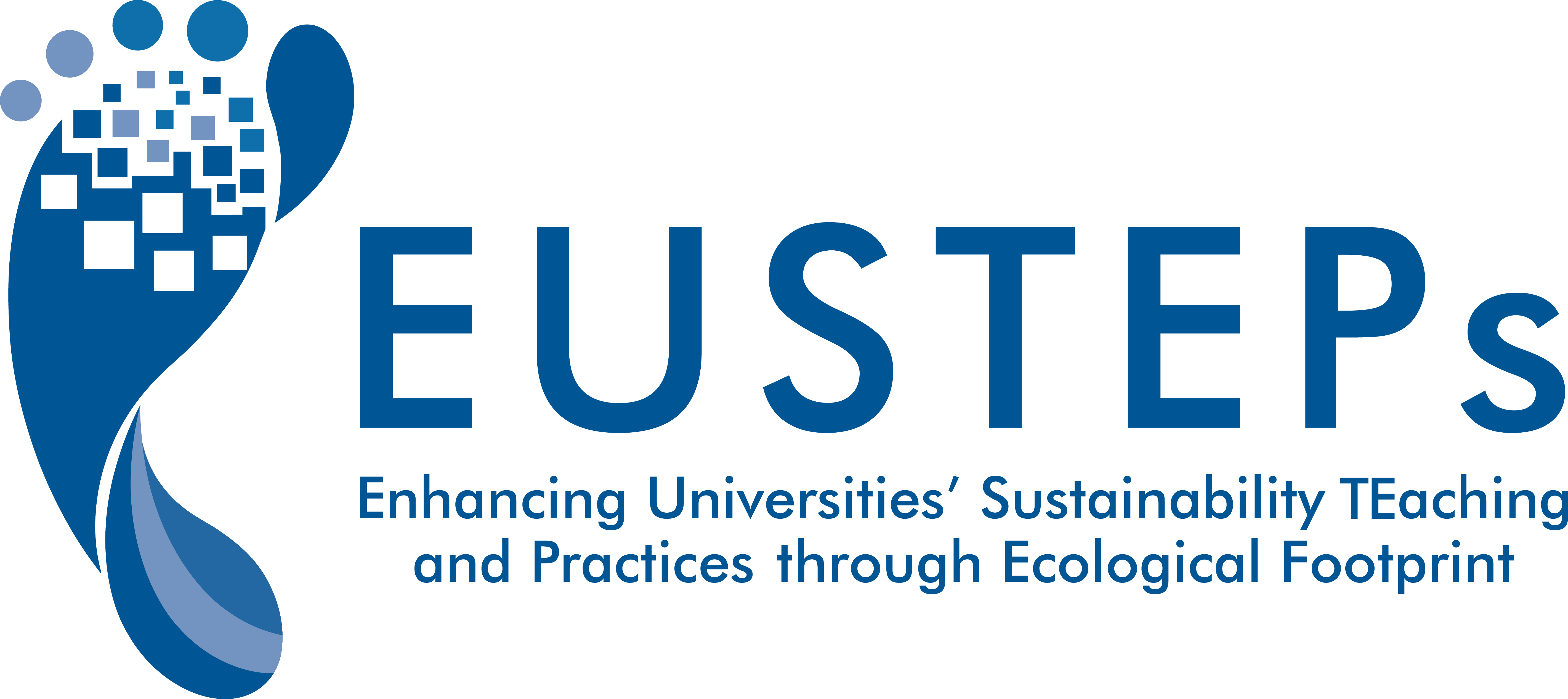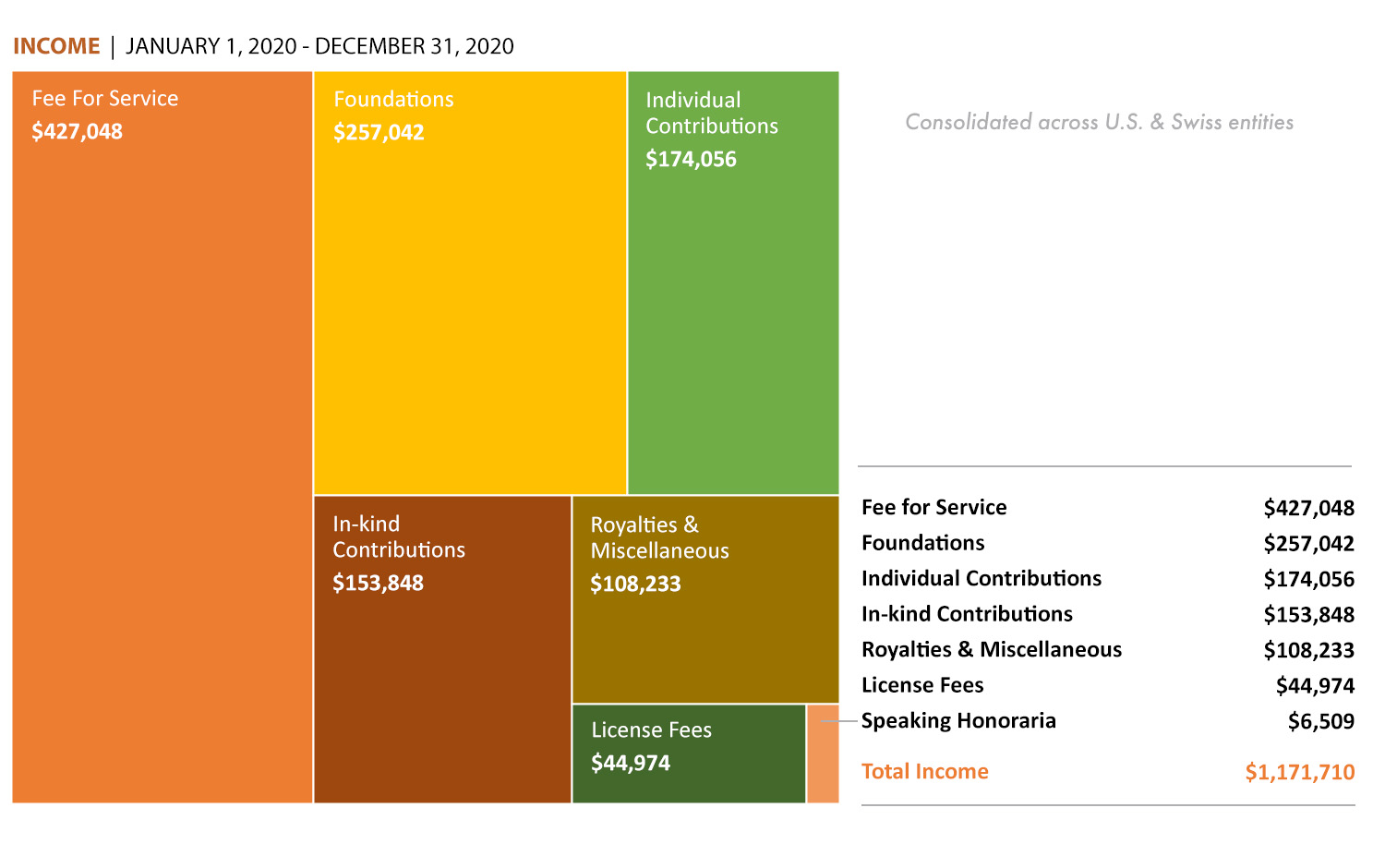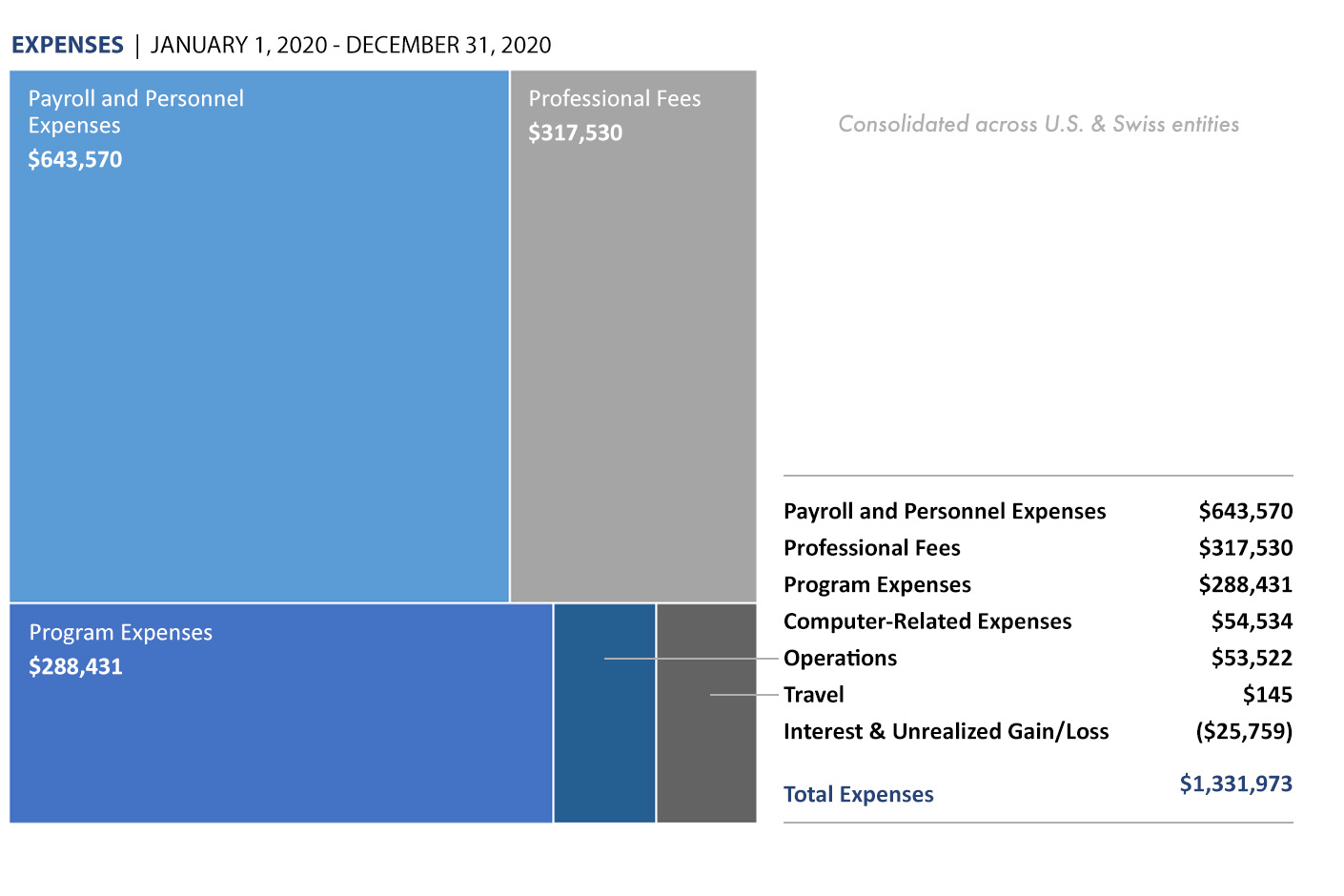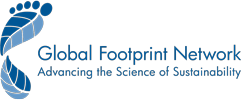
 Like everyone else, we had no idea what was in store for the world when we kicked off the year, just a clear intent to amplify our impact through the new decade. Given all the challenges and tragedies of the year, we are pleased with the resonance we have been able to generate.
Like everyone else, we had no idea what was in store for the world when we kicked off the year, just a clear intent to amplify our impact through the new decade. Given all the challenges and tragedies of the year, we are pleased with the resonance we have been able to generate.
COVID-19 has made obvious that “we are in it together.” This means that justice, prosperity, public health, and ecological balance are not separate issues. They all point to the reality that we are one biology on our shared planet. And though we see these issues as inextricably intertwined, they are not evenly distributed, the importance of which was underscored by global protests for racial justice long overdue.
The date of Earth Overshoot Day 2020 was pushed back 24 days compared to the year prior due to pandemic-induced lockdown measures around the world. However, the later date was no victory. It came at a significant cost of human pain and suffering. That is not what sustainability is about. Instead, we ask: what if we design the shift we want in order to move towards one-planet prosperity, rather than letting disaster dictate the terms? More positively, it reminds us of what is possible when humanity acts together to reach a common goal.
Given the mismatch between where we need to go and where we are, exacerbated by the global pandemic, Ecological Footprint accounting remains quintessential. Without reversing our loss of resource security, many people’s lives could get harmed. For that we need effective management and decisions tools like the Footprint. And if we get the relationship with our planet right, not only can economies succeed, but we can get to a just world where all thrive within the means of our one-planet.






